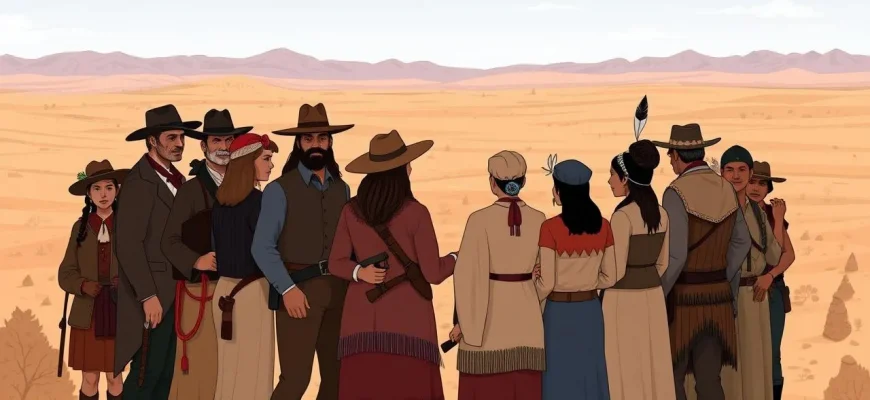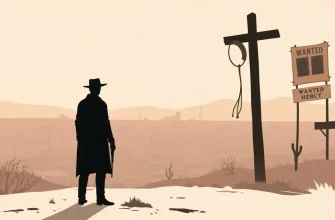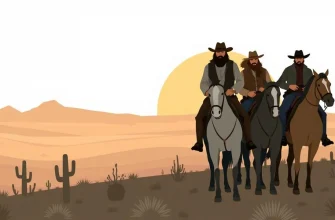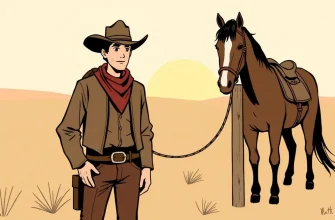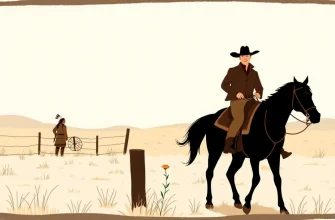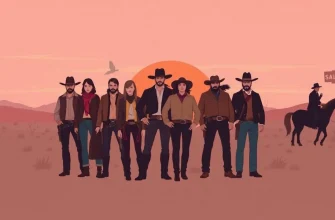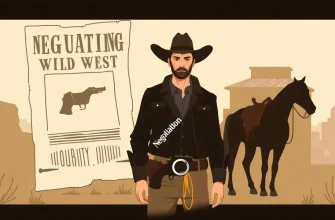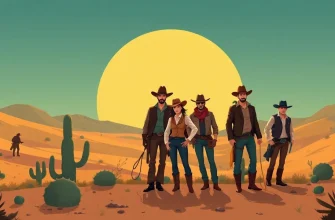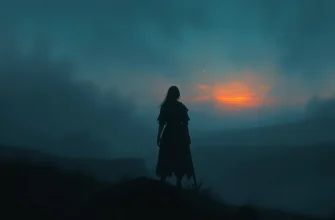The Wild West is often depicted as a land of lawlessness and conflict, but beneath the surface, many stories explore the profound themes of understanding, unity, and reconciliation. This curated collection of Western films showcases narratives where characters from different backgrounds come together, overcoming their differences to find common ground. These films not only entertain but also offer a deeper look into human relationships, making them a must-watch for anyone interested in the complexities of human interaction in the rugged landscapes of the American frontier.
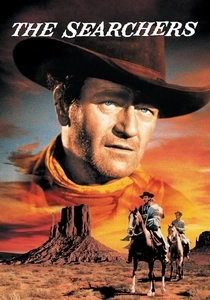
The Searchers (1956)
Description: John Wayne stars as Ethan Edwards, a man driven by vengeance who learns the value of understanding and acceptance through his journey to rescue his niece from Comanche kidnappers.
Fact: The film was shot in Monument Valley, a location that has become synonymous with Westerns. It's also noted for its controversial portrayal of Native Americans, which has sparked much discussion over the years.
 Watch Now
Watch Now 
The Magnificent Seven (1960)
Description: A group of diverse gunfighters come together to protect a Mexican village from bandits, highlighting themes of unity, sacrifice, and mutual respect.
Fact: The film was a remake of Akira Kurosawa's "Seven Samurai," adapting the story to the Western genre.
 Watch Now
Watch Now 
The Man Who Shot Liberty Valance (1962)
Description: John Wayne and James Stewart star in this story of a lawyer who becomes a legend for killing an outlaw, exploring themes of truth, justice, and the myth-making of the West.
Fact: The film is famous for its line, "When the legend becomes fact, print the legend," which has become a cultural touchstone.
 Watch Now
Watch Now 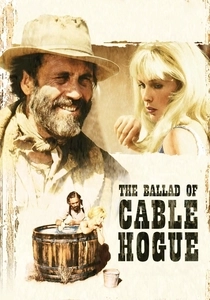
The Ballad of Cable Hogue (1970)
Description: Sam Peckinpah's film about a man left for dead in the desert who finds water and builds a way station, learning about friendship and human connection along the way.
Fact: This film is often considered one of Peckinpah's most personal works, showcasing his unique blend of humor and pathos.
 Watch Now
Watch Now 
Little Big Man (1970)
Description: Dustin Hoffman plays Jack Crabb, a white man raised by the Cheyenne, whose life story reflects on cultural understanding and the clash between Native Americans and settlers.
Fact: The film was one of the first to portray Native Americans in a more sympathetic light, challenging the stereotypes of the time.
 Watch Now
Watch Now 
The Cowboys (1972)
Description: John Wayne plays a rancher who hires schoolboys to drive his cattle, teaching them about responsibility, manhood, and the importance of understanding one another.
Fact: This was one of Wayne's last films before his death, and it's noted for its poignant portrayal of mentorship.
 Watch Now
Watch Now 
The Outlaw Josey Wales (1976)
Description: After his family is murdered, Josey Wales becomes an outlaw, but his journey leads him to form an unlikely alliance with others, teaching him about forgiveness and understanding.
Fact: The film was directed by and stars Clint Eastwood, who also co-wrote the screenplay.
 Watch Now
Watch Now 
Dances with Wolves (1990)
Description: Kevin Costner's epic tale of a Union Army Lieutenant who befriends a group of Lakota Sioux, learning their ways and finding a new sense of purpose and understanding.
Fact: Costner not only starred in but also directed and co-produced the film, which won seven Academy Awards, including Best Picture and Best Director.
 Watch Now
Watch Now 
Unforgiven (1992)
Description: Clint Eastwood's character, William Munny, a retired gunslinger, comes out of retirement to seek justice, only to confront his own past and the complexities of right and wrong.
Fact: Eastwood won his first Best Director Oscar for this film, and it's often cited as one of the greatest Westerns ever made.
 Watch Now
Watch Now 
Open Range (2003)
Description: Kevin Costner stars as a cattle drover who, along with his partner, confronts a corrupt town boss, learning about justice, friendship, and the value of understanding others.
Fact: The film was shot in Alberta, Canada, and features a climactic gunfight that is often praised for its realism and choreography.
 Watch Now
Watch Now 
